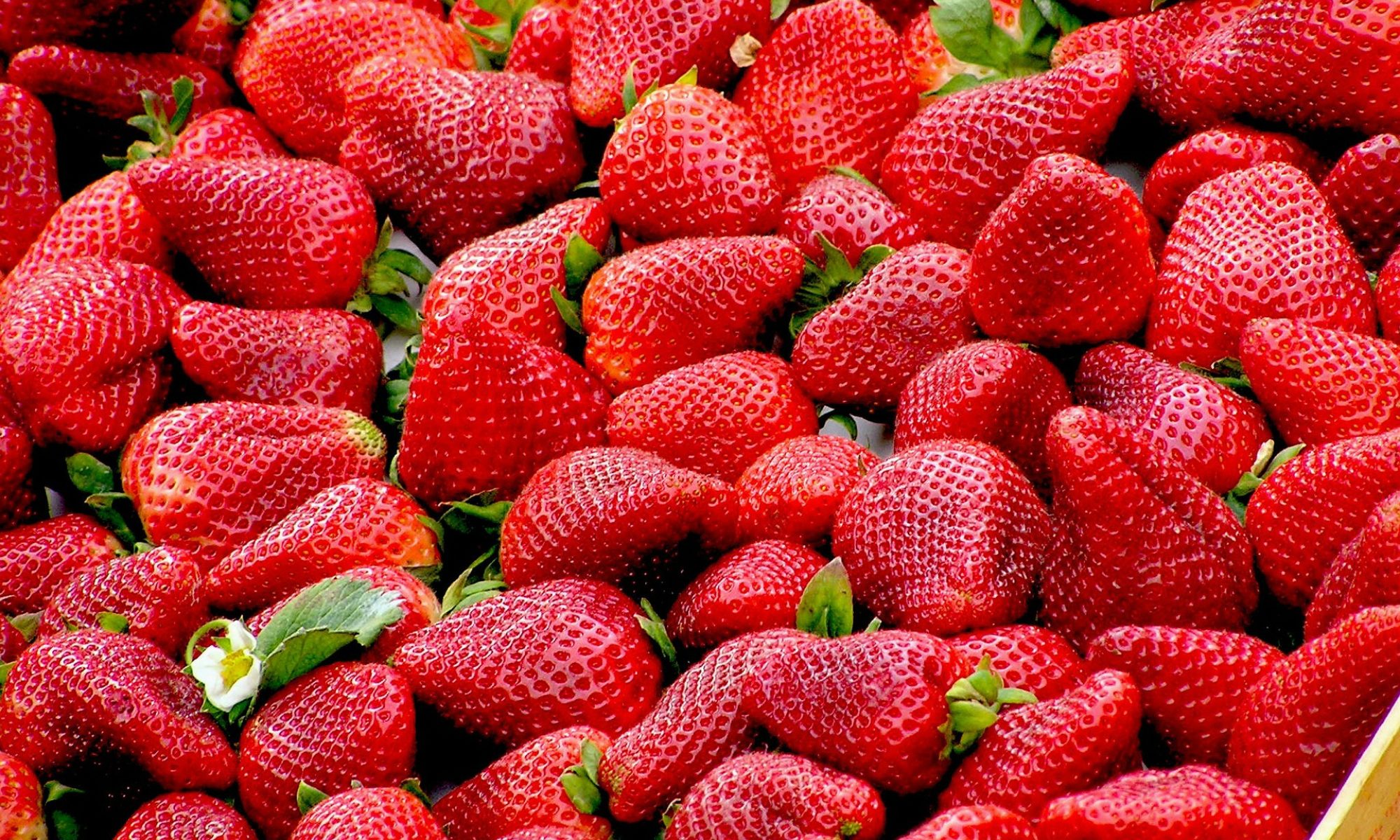Nutrition & Health > How much sleep do children need? > Apple fruit facts
Facts about the apple tree
Apple fruit tree (Malus domestica) belongs to the family Rosaceae under to which roses also belong. Apple tree is small (3-12 meters) and deciduous.
The crown of the tree is large and dense. It produces blossoms in spring and the maturation of fruit is in the autumn.

The flowers appear pinkish and fade to white and appear like small roses. The tree takes about 4-5 years for producing its first fruit. Many trees have been recorded to live beyond 100 years.
Facts about apple fruit tree distribution
The apple tree belongs originally to Central Asia and its wild ancestor is still found in this region. The tree was first introduced to New England as early as the year 1630.
The crabapple is the only native variety in North America. There are 7500 fruit cultivars presently and a wide variety of colors, sizes and taste are found.

There are separate varieties available for temperate and subtropical conditions. There are separate varieties for eating raw (dessert apples), cooking and cider production.
Archaeological evidences have shown the use of apple by prehistoric men about 8500 years ago.
Facts about growing apple tree
These trees cannot self pollinate and require cross pollination for the development of the fruit. In orchards the flowers are mostly pollinated by honeybees. The propagation is by budding or by grafting. These trees are prone to attack by pests and fungal and bacterial diseases.

They are harvested mostly by hand picking.The facts show that the heaviest apple recorded by Guinness World Records weighed 1.849 kg (4 lb 1 oz). and was grown in Japan.
Facts about apple fruit production
Nearly 60 million tons of these fruits are grown worldwide. 35% of the produce is from China and United States are second in production with 7.5% contribution. Turkey, Poland and Italy are among the top five producers.
These trees produce between 40-200 kg. of fruits depending upon the age of the tree and the type of cultivar. All shades of green, yellow and red are seen in the cultivars.
In facts 25% of the production in US is exported and ‘Red delicious’ is the popular variety. The apple is the state fruit of West Virginia, New York,Illinois, Vermont, Minnesota and Washington.
Facts about preserving the fruit
Apple can be commercially stored in chambers with controlled atmosphere having high concentrations of carbon dioxide to slow down ripening.
When refrigerated and kept at about 5 degree C they can last for about two weeks, depending upon the stage of ripeness. Natural wax is applied on them for appealing appearance as well as preservation.
Facts about health benefits
They are very low in sodium, lipids and cholesterol. The fruit contains a number of antioxidants, helping in warding off many diseases. These fruit reduce the risk of cancer of colon, lung and prostate.
It helps in the reduction of cholesterol. Quercetin, a flavonoid, present in them has anti-inflammatory and antioxidant properties. The high fiber content prevents constipation.
Facts about food preparations
Its juice is prepared by maceration and pressing. Ready to drink juices of various brands are available.
Cider is obtained by fermenting the juice and it contains about 3-8% alcohol. Apple pie is prepared from fresh or dried apples. Its juice is also used in the preparation of cakes. Sauce and jam are also prepared from the fruit.
Popular topics in Nutrition, Health & Wellness:
Daily health tips – Dental sensitivity – What causes sensitive teeth?
Newborns usually do not shed tears while crying
Pneumonia in children and infants
Coping with dry skin in winter
Pregnancy-related pelvic girdle pain
Images for apple fruit facts
1.Image source: https://commons.wikimedia.org/wiki/File:2010-06-19-supermarkt-by-RalfR-13.jpg
Image author: Ralf Roletschek – Fahrradtechnik auf fahrradmonteur.de
Image license: https://creativecommons.org/licenses/by-nc-nd/3.0/deed.de
2.Image source: https://commons.wikimedia.org/wiki/File:Australian_Red_delicious_apples_at_the_store.jpg
Image author: Maksym Kozlenko
Image license: https://creativecommons.org/licenses/by-sa/4.0/deed.en
3.Image source: https://commons.wikimedia.org/wiki/File:CSIRO_ScienceImage_11262_Apples_on_tree.jpg
Image author: Liese Coulter, CSIRO
Image license: https://creativecommons.org/licenses/by/3.0/deed.en
Current topic in Nutrition, Health & Wellness: Apple fruit facts.
